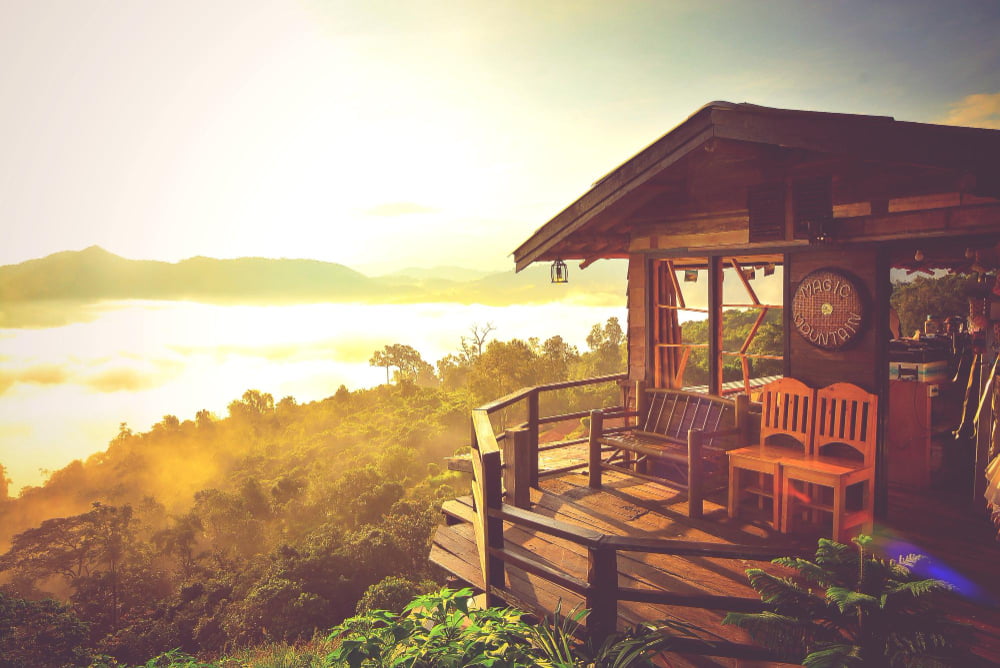
Blog
Safety Tips to Keep Your Family Safe This Summer At Your Cottage

- Inspect indoor and outdoor wiring for damage from rodents.
- Change batteries in your smoke and carbon monoxide alarms.
- Visually inspect any power lines leading to your cottage and report damage to your utility company.
- Check your window and door screen for holes and replace if necessary.
- Reconnect your water pipes.
- Check the expiry date on your fire extinguisher and replace if expired.
- Clean debris off your property and inspect the treeline for potential safety hazards.
- Inspect your ceilings for any potential water damage.
- Check cupboards, dressers and appliances for animal nesting spaces.
You should also create and practice a fire escape plan and ensure your entire family knows what to do in the event of a fire.
Your cottage should also have a fully stocked first aid kit, stocked with items that will appropriate for injuries caused by outdoor activities such as hiking! According to the Red Cross, your first aid kit should include the following items:
- Emergency telephone numbers for EMS/9-1-1, your local poison control centre, and your personal doctors
- Home and office phone numbers for family members, friends, or neighbours who can help
- Sterile gauze pads (dressings) in small and large squares to place over wounds
- Adhesive tape
- Roller and triangular bandages to hold dressings in place or to make an arm sling
- Adhesive bandages in assorted sizes
- Scissors
- Tweezers
- Safety pins
- Instant ice packs
- Disposable non-latex gloves, such as surgical or examination gloves
- Flashlight, with extra batteries in a separate bag
- Antiseptic wipes or soap
- Pencil and pad
- Emergency blanket
- Eye patches
- Thermometer
- Barrier devices, such as a pocket mask or face shield
- Coins for pay phone
- Canadian Red Cross first aid manual
An emergency kit should include:
- Four litres of water per person per day (use sealed, unbreakable containers and replace the supply every six months)
- Packaged or canned food that won’t go bad, and a can opener (replace the food once a year)
- Walking shoes, rain gear, and a change of clothing
- Blankets or sleeping bags
- A first aid kit and prescription medications (check the medications every six months to make sure they haven’t passed their expiry date)
- Toilet paper and other personal supplies
- An extra pair of glasses
- A battery-powered radio and flashlight, along with extra batteries
- Spare cash
- An extra set of car keys
- A list of your family doctors
- Important family information such as a list of any medical conditions or medical devices, such as pacemakers
- Photocopies of all important identification for you and your family, including health card numbers
- Special items for babies, elderly, or disabled household members
- Cell phone and contact information for family and friends
We offer an outdoor deluxe first aid kit that is ideal for use at the cottage. Our kid contains a wide assortment of first aid items and emergency supplies for treating injuries while outdoors and away from first aid responders. This kit is ideal for camping trips, hikers, outdoor recreational activities, the cottage, home, or boat
F.A.S.T. Rescue are health and safety experts offering consulting, supplies and training solutions that help make employees safe in the workplace. We’re passionate about health and safety, offering unrivalled value and solutions with a satisfaction guarantee.
About F.A.S.T. Rescue
F.A.S.T. Rescue are health and safety experts offering consulting, safety supplies and training solutions that help make employees safe in the workplace. We’re passionate about health and safety, offering unrivalled value and solutions with a satisfaction guarantee. Headquartered in Toronto, Ontario, Canada.
For more information, contact:
Shyamala Nathan-Turner
F.A.S.T. Rescue
Tel: 647-494-0032
Email: snturner@fast-rescue.com
Visit http://fast-rescue.com








# Great Post! Thank you for sharing useful information. We are also a provider of Personal Safety Clothing Online . Visit our website for more info https://www.safetyvestsaustralia.com/